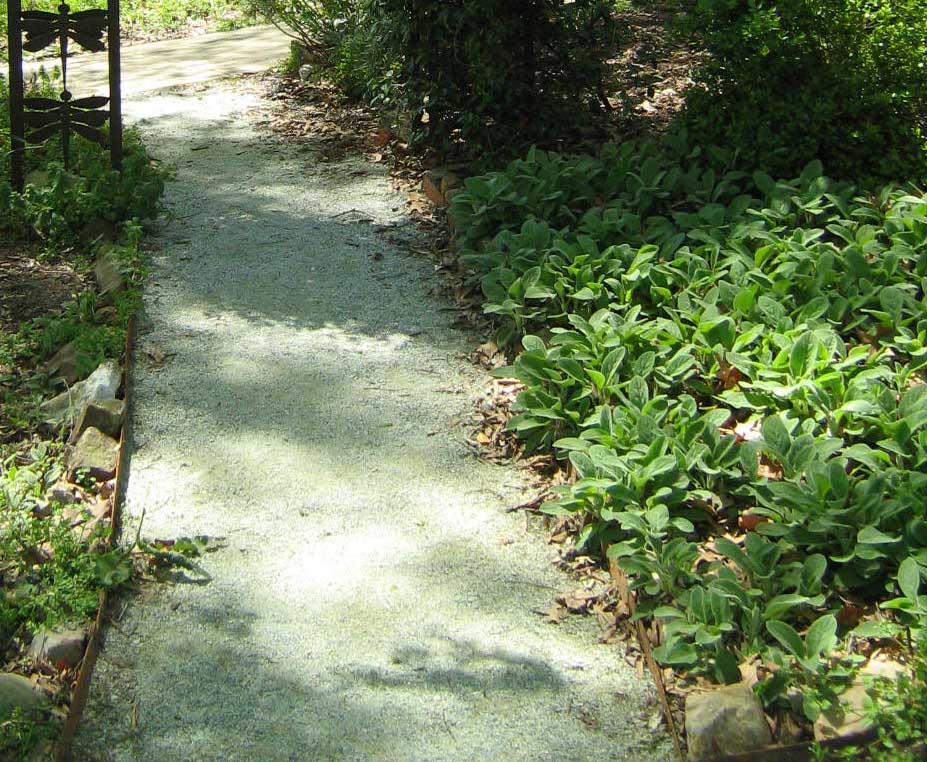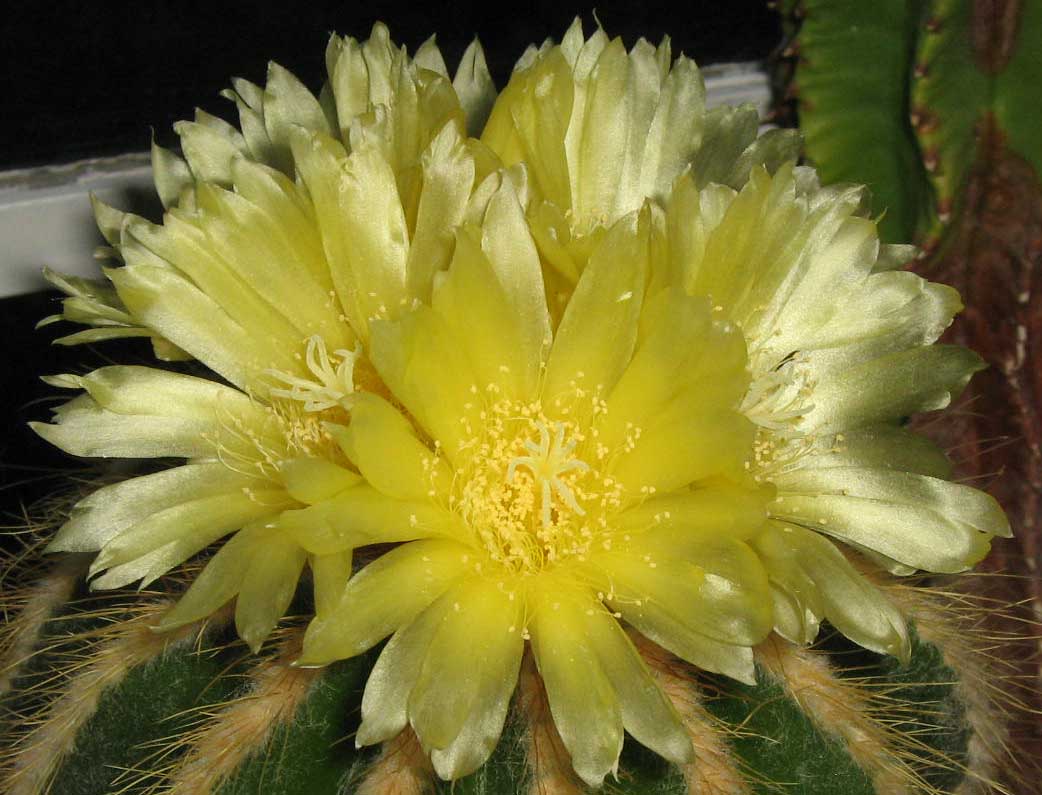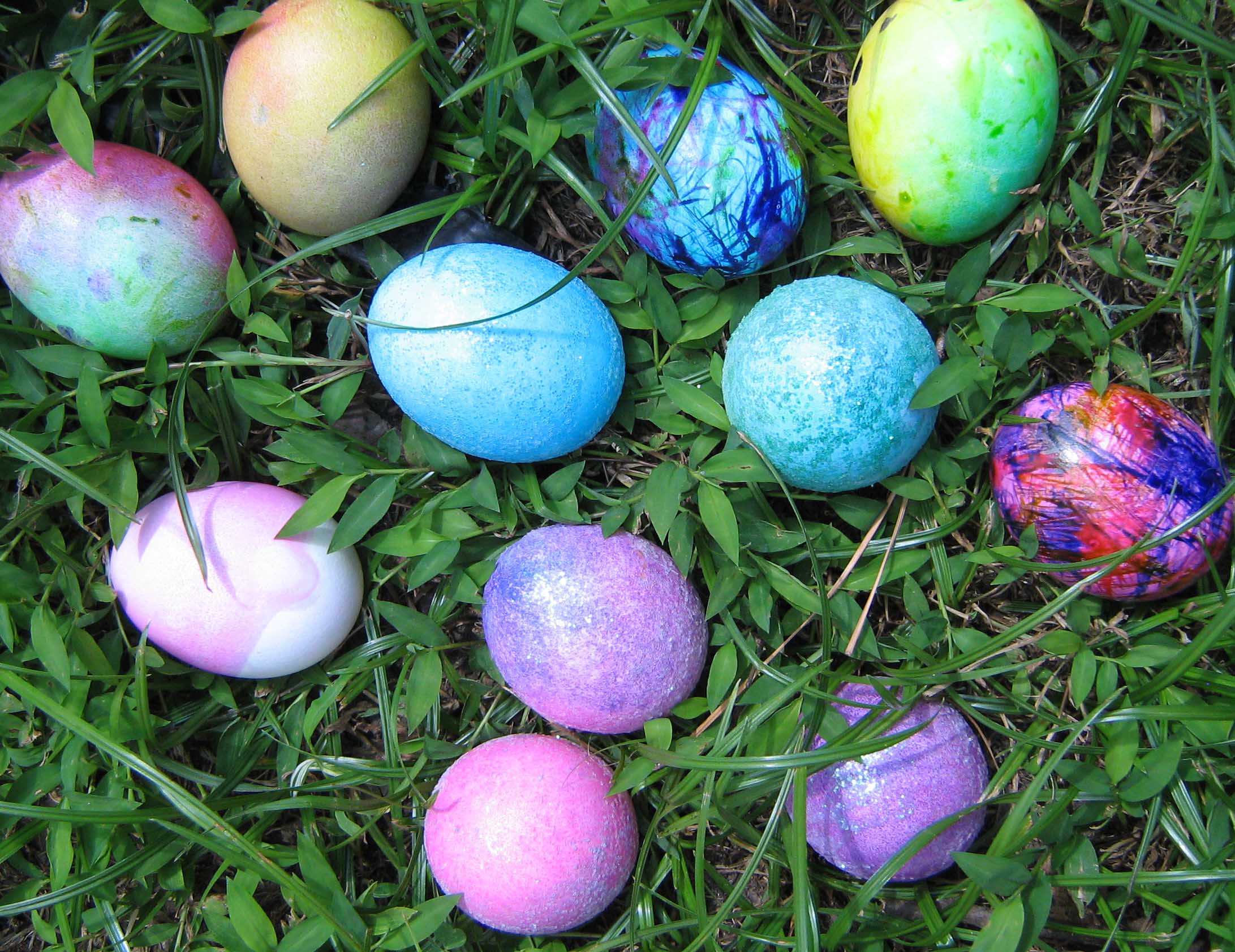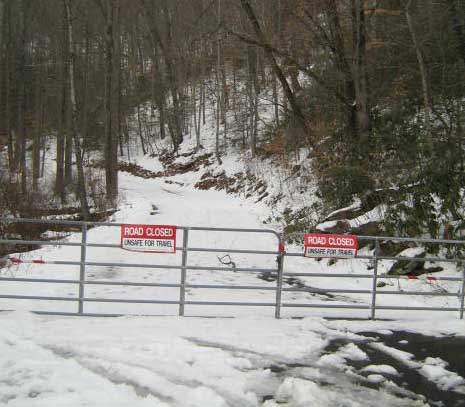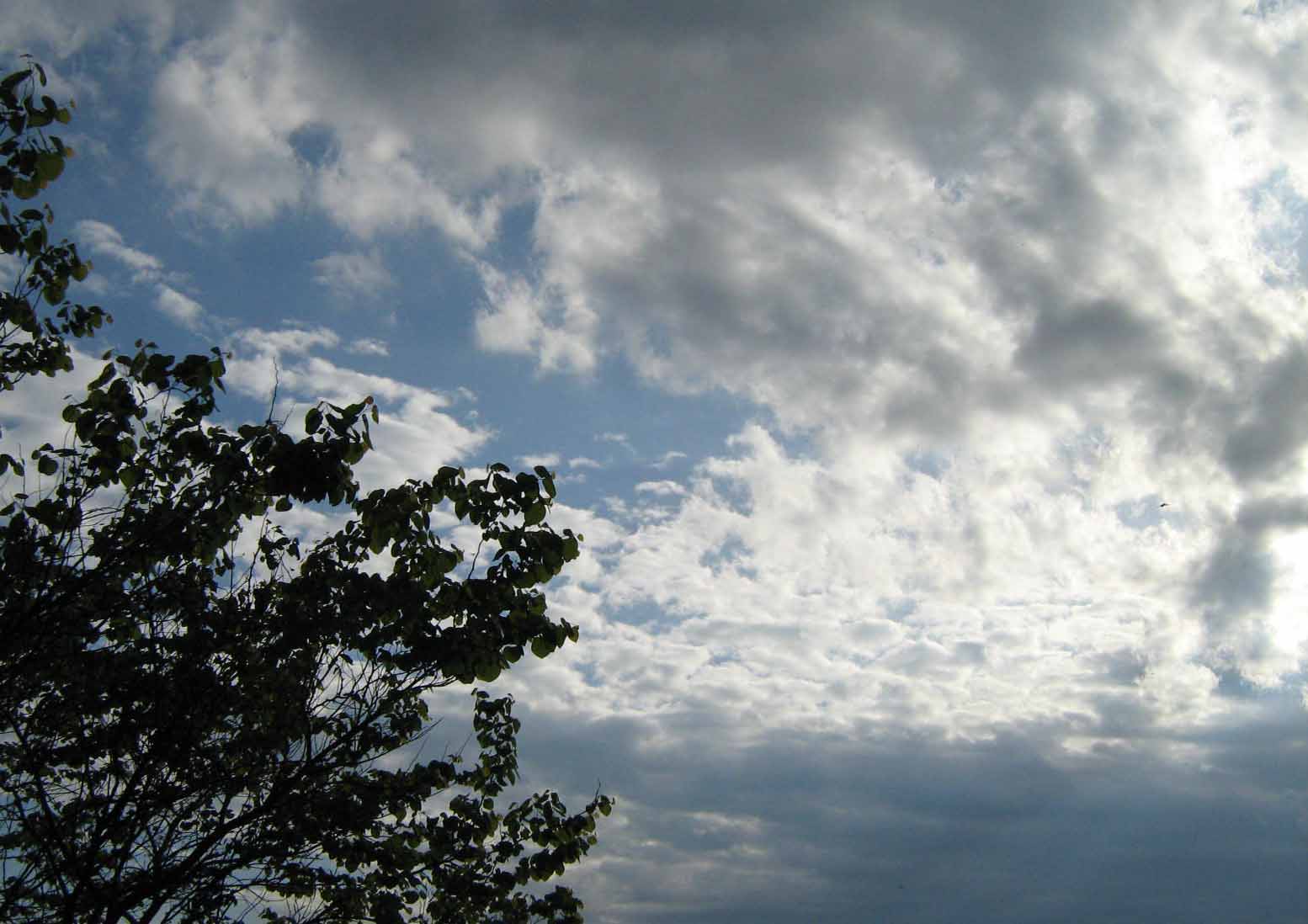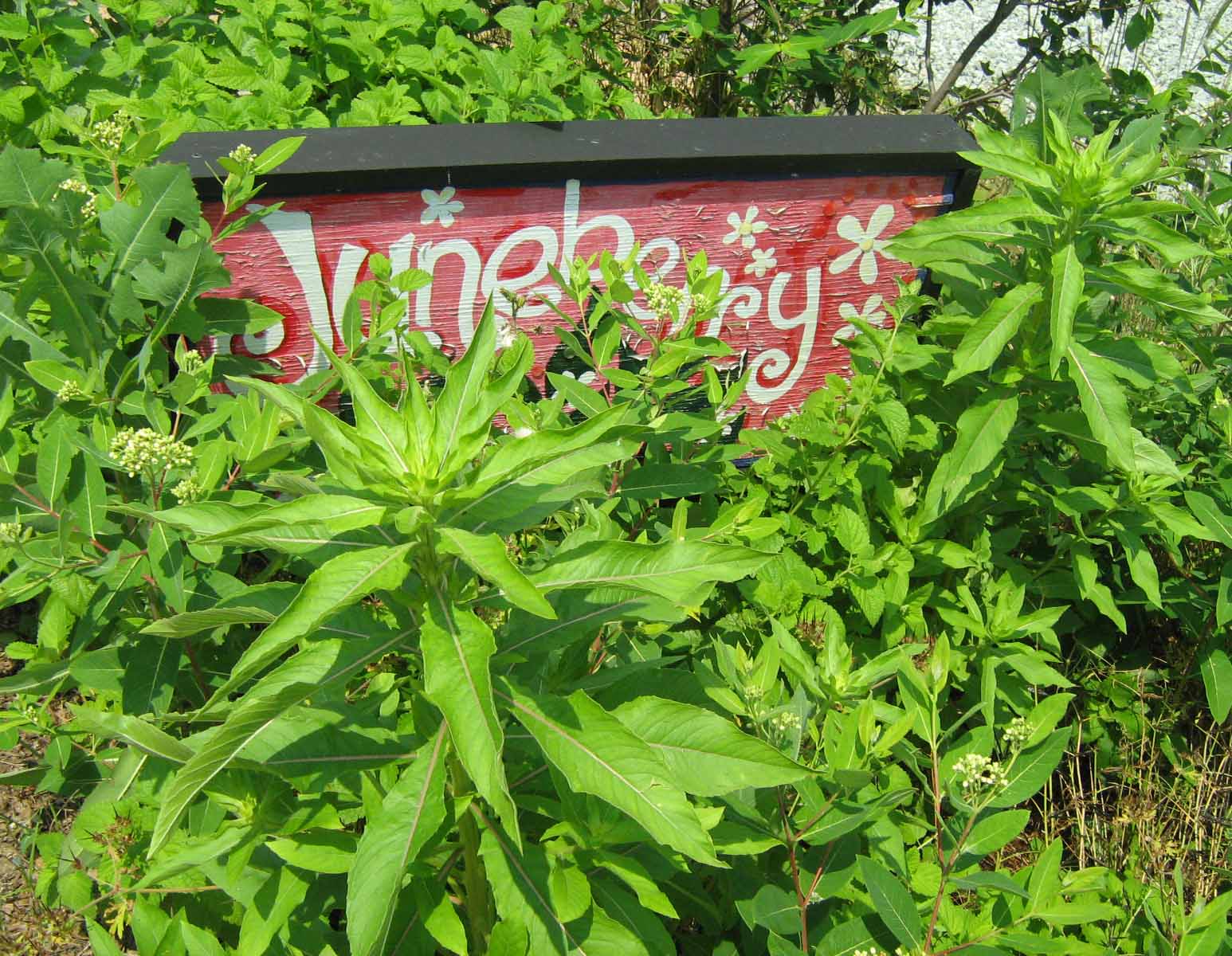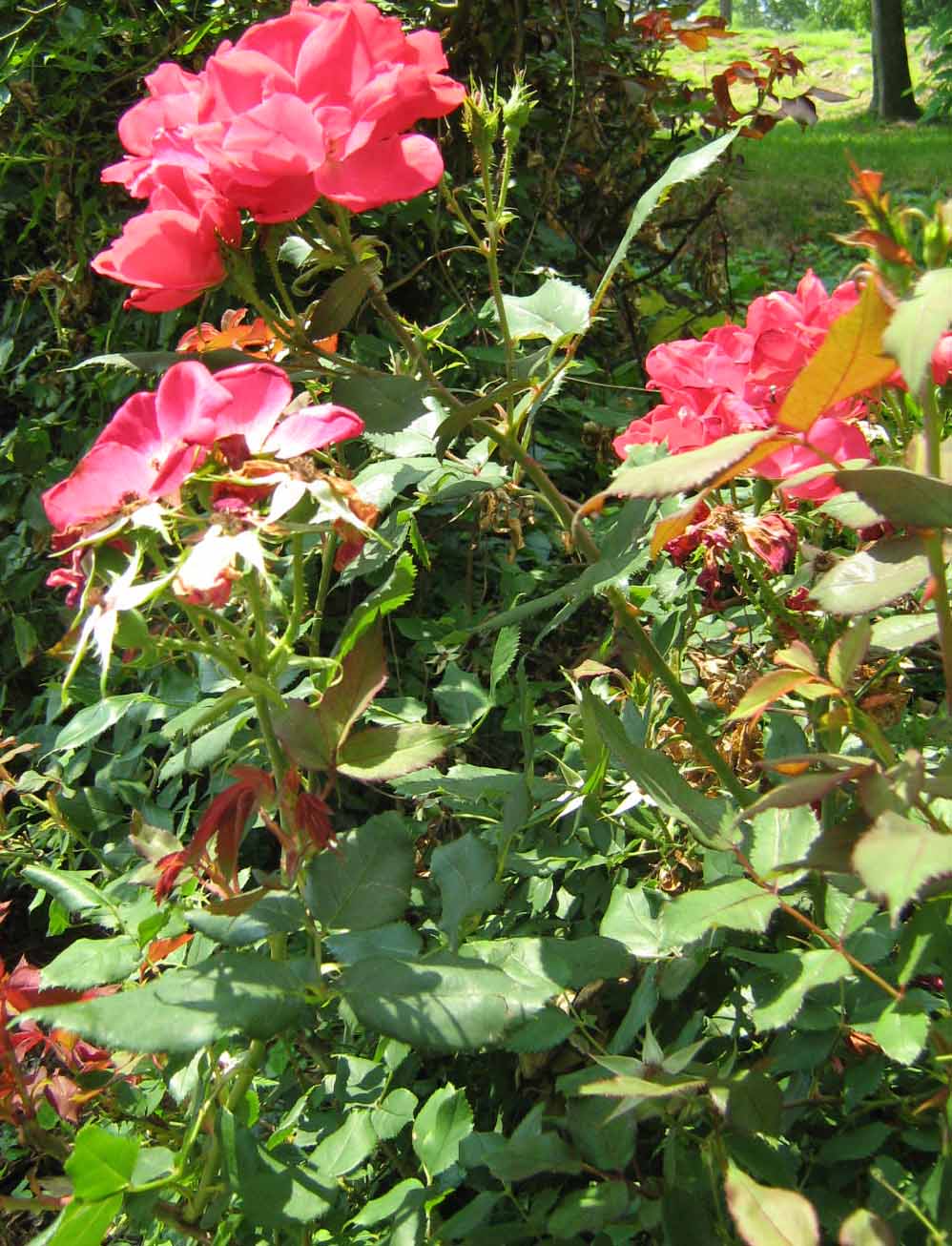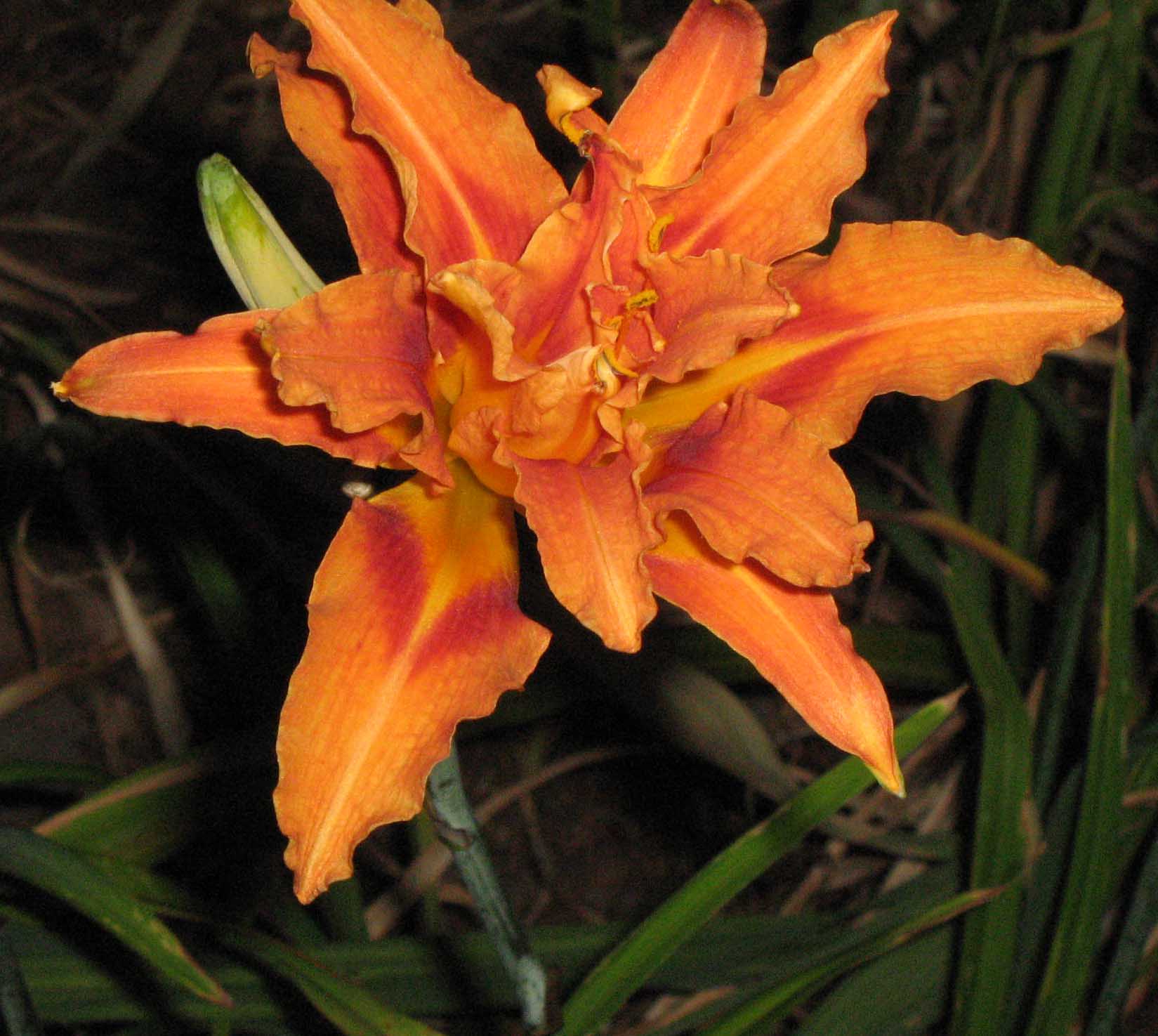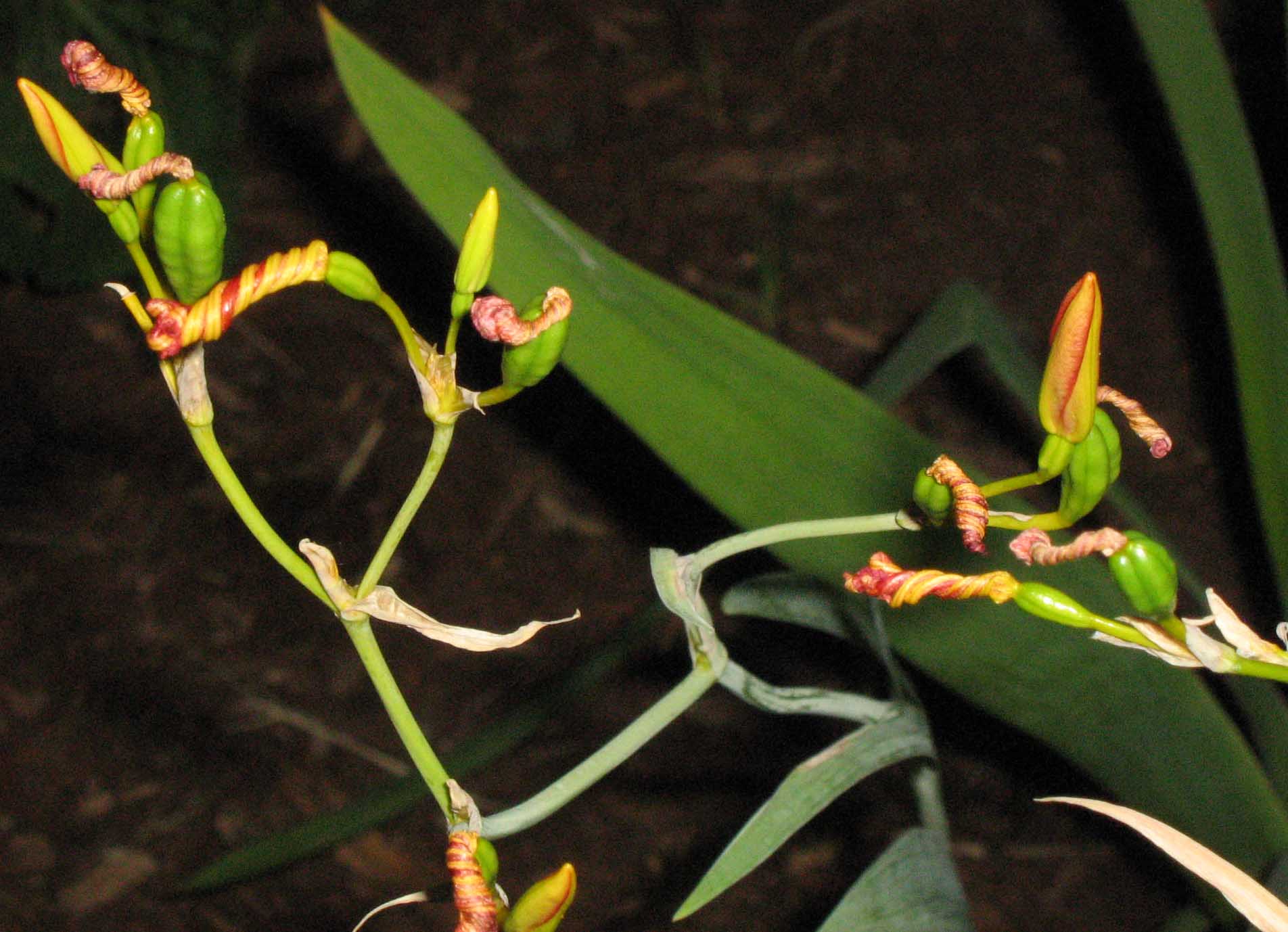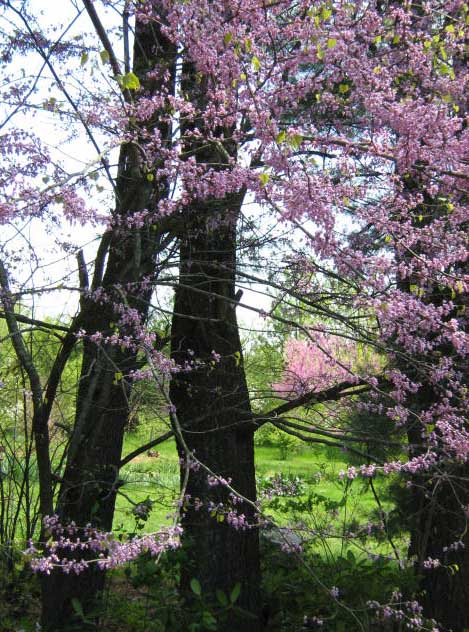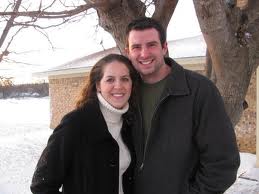 I have a friend who lives next to a cemetery, and only a small pathway divides his yard from the land of the dead.
I have a friend who lives next to a cemetery, and only a small pathway divides his yard from the land of the dead.
When his family planted a garden on their side, at first I thought, Why would you want your garden growing right across from a graveyard? But then a second thought prevailed over the first: Life will come up from the garden, and one day the same will be true for the graves.
Suddenly their garden seemed to be in the perfect spot. This family will watch life rise from the ground, and that process pictures the promise of our bodily resurrection. What happens in that garden will be far surpassed by what happens in the cemetery when a trumpet blast sounds a note that even dead people will hear.
Exile and Death
Adam and Eve lived in a garden, and there was no graveyard across from it. God filled the land with abundance and prohibited eating from one tree. Death was no concern for Adam, so God put it there with a warning about the forbidden fruit: "of the tree of the knowledge of good and evil you shall not eat, for in the day that you eat of it you shall surely die" (Gen 2:17).
The lying serpent contradicted God's Word: "You will not surely die," he told Eve (Gen 3:4). So she ate the fruit, gave some to her husband, and they were ashamed (3:7). They now feared Yahweh (3:8-9), they heard his words of judgment (3:14-19), and they received his gracious provision of garments (3:21). But earlier God had made a promise: if they ate from the forbidden tree, they would surely die. Eat they did, so die they must.
The time had come for eviction. Exile meant death. God drove Adam from the garden and "placed the cherubim and a flaming sword" to stand guard (Gen 3:24). Cut off from the abundance inside the garden, and thus barred from the tree of life, Adam and Eve eventually died. His toil upon the cursed ground could not foil the inevitable: "By the sweat of your face you shall eat bread, till you return to the ground, for out of it you were taken; for you are dust, and to dust you shall return" (3:19). Over time the dust of the ground became a graveyard for God's image-bearers. To this day a cemetery tells us, "The wages of sin is death."
Sow and Reap
Thousands of years later, on a hill of execution, a Nazarene finally stopped breathing. The people removed him from the old rugged cross with a heightened sense of the time, for the Sabbath was imminent (cf. John 19:31). Joseph of Arimathea asked for the dead body (19:38), and then he and Nicodemus took it to—of all places—a garden near the site of his execution in "a new tomb in which no one had yet been laid" (19:41).
Days later, women arrived early at the tomb and found it open (John 20:1; Luke 24:1-2). The disciples came to investigate, and, sure enough, the body of their leader was gone. The disciples returned to their homes, and Mary Magdalene stood crying outside the tomb (John 20:10-11). When a man asked her why she was weeping, she thought he was the gardener—but then realized the voice belonged to Jesus, now alive and standing nearby.
But Mary wasn't entirely wrong in thinking a gardener had been speaking. The Adam of Eden was supposed to work God's garden (cf. Gen 2:15), and Jesus—the Last Adam—was the Gardener par excellence. He was faithful where Adam was not. He subdued, overcame, and exercised dominion. He paid sin's wage. Right there in another garden, death was undone through bodily resurrection. This was new creation, the dawning of a whole new world. Jesus had defeated the serpent, and now all authority in heaven and on earth belonged to him. He would make the blessings to Abraham flow as far as the curse was found.
The resurrection of Jesus guarantees the same bodily hope for believers. His was "the first-fruits of those who have fallen asleep" (1 Cor 15:20). There will be a harvest of sleepers because resurrection broke into human history with the third-day miracle. The image of sleep captures the temporary captivity of death (cf. 15:51). We sleep to wake and die to rise.
Sowing and reaping, then, is true for death and resurrection: what goes down must come up. Every graveyard is a garden. A body is sown in weakness and dishonor but reaped in glory and power (1 Cor 15:42-43). The perishable is raised imperishable, and mortality puts on immortality (15:53). The first Adam was barred from the tree of life, but believers will enjoy the fullness of its fruit because the Last Adam atoned for sin and conquered death.
Rise and Shine
The righteous who sleep in death will rise to everlasting life and to a glorious existence (Dan 12:2-3). God's people will shine like the brightness of the sky above, like the stars forever (12:3). Jesus says, "Then the righteous will shine like the sun in the kingdom of their Father" (Matt 13:43, alluding to Dan 12:3).
Who will bring this momentous event to pass? Who will harvest the sleepers of which Jesus was the first-fruits? None other than Jesus himself. An hour is coming when everyone in their garden-graves will hear the Son of Man's voice (John 5:28). At his command, molecules and matter will stand at attention as resurrected bodies take shape and gleam with glory. "Rise and shine," Jesus will say. And we will.
Mitch Chase is a doctoral student at The Southern Baptist Theological Seminary and preaching pastor of Kosmosdale Baptist Church in Louisville, Kentucky. He is a blessed husband of Stacie and the father of Jensen and Logan. He is also the author of The Gospel Is for Christians and Behold Our Sovereign God.
http://thegospelcoalition.org/blogs/tgc/2013/10/25/every-graveyard-a-garden/




